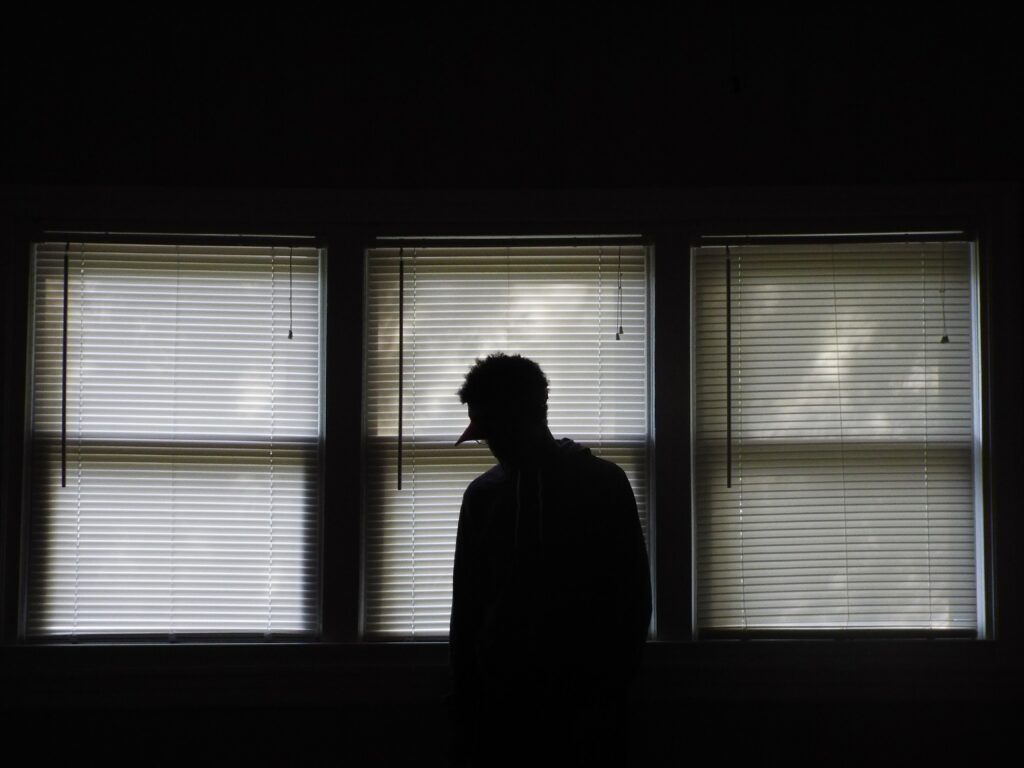The Vegas Aftermath: How Should We Then Live?
I was thinking last night about how much has changed in our culture since I was born in 1962. Yes, there has always been violence, but not on such a massive scale in the last few years as what we have experienced the previous three decades. It certainly isn’t our Grandparent’s culture anymore, and I would be hard-pressed to say it will ever return to that. Is this our new normal? School is still out on that notion, and perhaps it may prove to be tragically accurate. The theologian, Francis Schaffer, once wrote a book entitled “How should we then live”? The previous question becomes imminent, whether you were present in Las Vegas this week or not, or whether you have seen this carnage on television, or more tragic; you lost a loved one this week. How to live? What to do? How to move forward?
It certainly is not unusual if you are currently experiencing shock, horror, disbelief, anger, grief, numbness or other range of emotions. It’s possible it could be affecting your sleep, causing you nightmares or insomnia, consuming your thoughts, causing anxiety, or an inability to concentrate. Or perhaps overwhelming grief and sorrow. While it may be next to impossible to comprehend now, over time resilience can build and we can recover our lives and push through our suffering and live to honor those who have fallen as well as strengthen the relationships that remain, as well as build new friendships.
How should we then live? A few practical suggestions:
-
Live unplugged
With a 24/7 news cycle, it’s easy to want to get as much information as we can. Sometimes, this isn’t helpful as it contributes to ruminating thoughts, which rarely have successful outcomes. We often stay glued to the news cycle to try to ascertain an explanation or a motive for the horror that was perpetrated. Sometimes, those causes may never be known or fully understood. Allow yourself to have a break and some silence from the noise; unplug.
-
Live with balance and perspective
Often these events create a break in our world, and they fracture our comfort zones and our perceptions of a safe society. In reality, the world is never a safe place all the time, and we must do our best to keep ourselves as safe as possible. We should always be thinking safety when we are out and about, but not give in to fear or let fear dominate our lives. Sometimes it’s good to retreat to a place you feel safe until one can recompose themselves and reacclimate to one’s surroundings. Having people around us who are safe, choosing events that are meaningful and comforting, and having encouraging people in our lives help foster balance, and enlarge our perspective.
-
Practice living with self-care, and accept your thoughts and feelings
It is essential to re-engage your routine as soon as you feel comfortable. Routine reminds us that life has a rhythm and that despite our present suffering, life moves forward. Often, we forget to eat, or get the proper exercise and rest when we have conflicting emotions. Accepting that there will be times when our thoughts and feelings will be overwhelming is helpful in the process of healing. Ignoring those thoughts and feelings are not productive, but embracing them are. Look for safe friends and family who are supportive, and with whom you feel comfortable talking. We are only alone if we choose to remain alone. Isolation fosters a lack of hope, hope is what encourages us to move forward. Hopeful friends promote our confidence and help us to heal.
-
Live with self-awareness
We all experience managing grief in different ways. For some, it may mean a break from things for a while, for others it might mean going back to work or a routine as soon as possible. How do you know if you’re healthily dealing with grief? Watch for overwhelming sadness, anger or irritability. These might be signs that it might be interfering with your daily functioning or living. Perhaps many of the things discussed will be helpful to many. Maybe it has reached a point where others could be of assistance. A good support group, a pastor, or a mental health professional are available to assist you on your recovery journey. In the end, the expert on you is you!
-
Live to give back
Giving back to anything or anyone is helpful. It removes us from feeling our tragedy and suffering alone and helps us to see our shared suffering when we move into the pain of other people’s lives. It reminds us that we are not alone in this world, that we have a universal shared humanity. Feeling part of that understanding promotes healing, and helps others heal as well.
How should we then live? In honor of all our loved ones, with purpose and hope!



